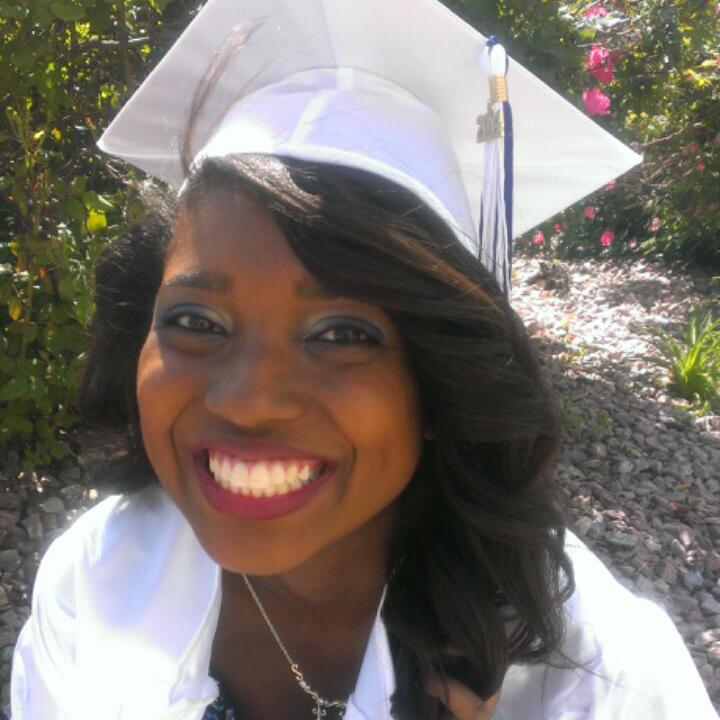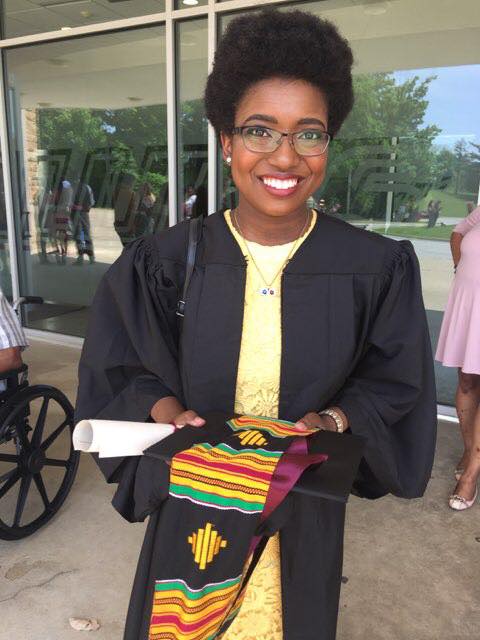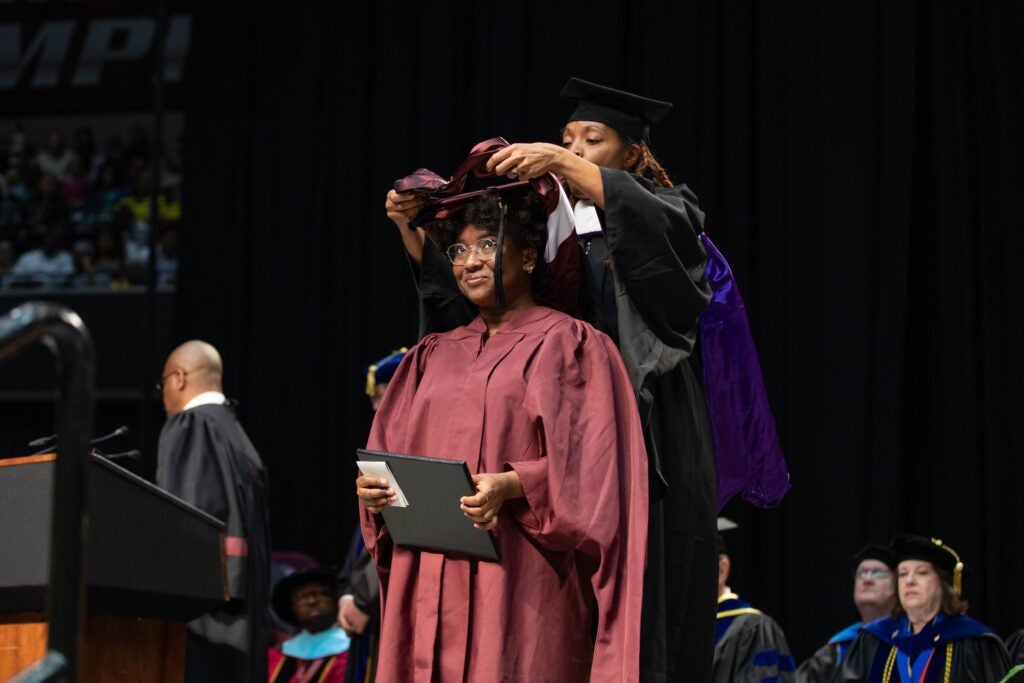I can remember the first time someone other than friends and family told me I had a knack for writing. It was my senior year of high school, and I was in my Senior American Literature class with an eccentric teacher who would play guitar in class as he taught.

The day before, he’d had us turn in an assignment where we wrote an alternative ending to a story we “popcorn” read in class (an assignment I’ve since stolen and used for my own English classes). I’d turned in my alternative ending to Shirley Jackson’s “The Lottery” and eagerly awaited my feedback. When Mr Barker came up to me and handed my paper back, he placed it face down on my desk. I looked up at him, wondering: why face down? Is it bad? He tapped the paper with his index finger and then motioned for me to flip the paper over, so I did. There was a yellow sticky note on it, and in black pen handwriting, a single sentence: You should be a writer.
I think in my head, that was the moment I decided I wanted to be one. I just didn’t know it would take another ten years to get there. It just goes to show, if you want something, but you’re put off by the amount of time it’ll take to get it, consider this: the time will pass anyway.
The road to becoming the Managing Editor of NCLR was long and arduous. In my undergraduate years at Southern Illinois University Carbondale, my depression and anxiety were at an all time low. I didn’t do any internships in editing or publishing. I only cared about getting a decent enough GPA to not get kicked out, keeping my grant money, and, of course, finding love (frankly, in the wrong people). I also never submitted my work for publication in my undergraduate years, even though we had two well known venues on campus: Crab Orchard Literary Review, and Grassroots Magazine. I thought that it worked like my elders said: You get the degree, you get the job. Well, that is not how that goes! Especially in a field like editing and publishing where there are thousands of applicants clawing at the Big 5’s double doors every day (I still shudder when I look at my “cover letters” folder on my laptop).

So, I did what every aspiring writer does when they have trouble finding a job: tried, tried, tried again. I graduated from SIUC with my bachelor’s in Creative Writing in May of 2018, and within weeks of graduation, the blistering summer sun and the ominous glow of my student loan portal were consistently pricking my back with sweat. I was running out of graduation money, and my mother was driving me crazy. I thought to myself: I gotta get out of here. I just need something. Anything. I started applying to any and every job in the Greater St Louis area, my hometown, and eventually got a call from a recruiting firm in Chesterfield, MO, where I would go on to make my humble beginnings as a recruiter in Human Resources.
This, my friends, was the beginning of the real journey. At the time, I was happy. I was the first out of all my college friends to get a job after four years of them joking I would be a barista forever because “a creative writing degree will get you nowhere.” My HR job was $20 an hour, which was the most I had ever made in my life. For the first time ever, I was certain I was going to make it. This feeling, like most things in life, did not last.
To say “a lot happened during my HR career” would be an understatement. COVID changed everything. I was laid off more times than I could count. I suffered so many hits to my self-esteem. Worst of all, there was the corporatification of my creativity. My writing suffered greatly, while my bank account nearly doubled. By the end of my HR career, I was making around $72,000 yearly, but I was so depressed and so in the grind of working that it didn’t matter. My blazers hung in my closet like the dead poems I had no time to jot down. My self-worth became inherently tied to how productive I was, and how happy I made the company I worked for at the time. I lived for the dollar and nothing else.
I started applying to MFA programs in April of 2021. I’d been laid off again, riding off the coattails of unemployment checks and raw anxious energy. I wrote angry anti-capitalist poetry and frequented St Louis’s Art Hill, a safe space for me where I’d go to write and pluck grass by the fist-full while listening to Paramore’s After Laughter on full blast. One of the several schools I applied to was my alma mater, SIU, and luckily, I got in.
I told myself this time I was going to do everything in my power to secure my spot in editing and publishing. I aimed for one internship (at the least) every semester. I looked in the mirror and told myself: Listen, if you’re going to be depressed, you can be depressed while you grind for this dream career you’ve always wanted. By the time I graduated in 2024, I had held four internships, one of which led to my first associate editor role with Crab Orchard Literary Review, which helped me acquire my role as Managing Editor with NCLR, and the rest is, as they say, history.

When Margaret Bauer, NCLR’sEditor, asked me to take on the blog post for this month and introduce myself to our reders, I immediately thought to myself, how can I make my blog as inspiring as possible? The only thing I could think of was to just tell the truth, so the truth is: the publishing scene is not for the faint of heart. You will be told “no” over and over again. You will be rejected. As an assistant to the editor, you may have to accept writing you don’t like sometimes. In a field so notoriously unfair, it’s easy to give up and do something else, anything else, just to get by. but remember this: It only takes one yes, one acceptance, to change everything you’ve ever known. Don’t worry about the time it takes to write that poem, that scene, that novel. To finish that 50th application to that one publishing house. To tell yourself to try again.
The time will pass anyway.